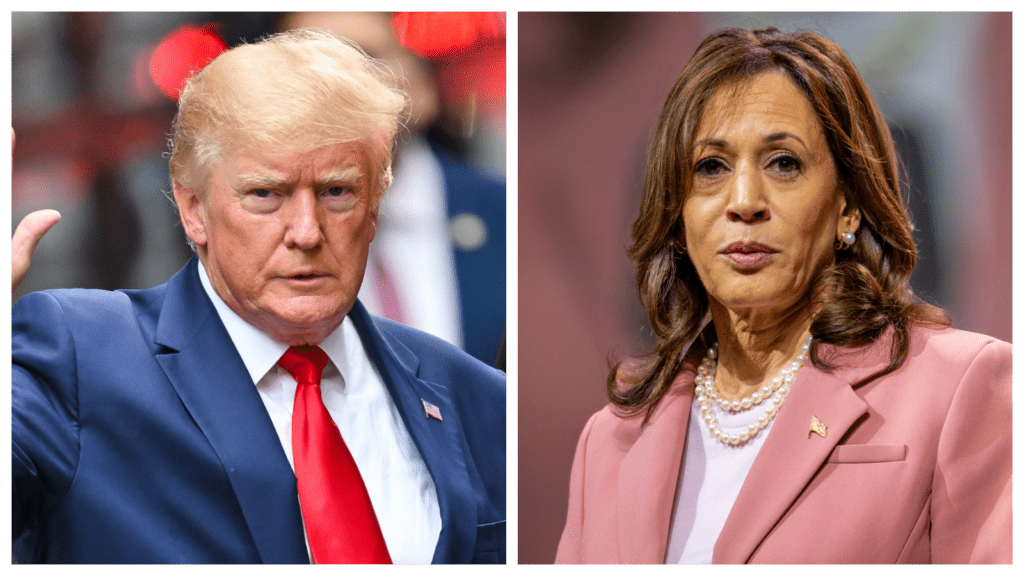Former President Donald Trump’s campaign facing another election integrity issue in a battleground state. Concerns have emerged again in Michigan following a sudden and contentious alteration to the Freedom of Information Act (FOIA) disclosure policy by the Michigan Bureau of Elections (BOE). Directed by the state’s Democratic Secretary of State, the BOE has limited access to essential absentee ballot information. Election integrity organizations argue that this action will compromise transparency and accountability in the forthcoming 2024 elections.
On Tuesday, the Michigan Bureau of Elections (BOE) notified organizations that typically oversee absentee voter data, including CheckMyVote.org and Michigan Fair Elections, that key data points essential for election monitoring and audits would no longer be accessible through FOIA requests. These restricted data fields encompass information about absentee ballot applications sent and received, as well as details on ballots returned by voters. Critics argue that this change eliminates crucial transparency, further complicating efforts to verify the integrity of the voting process, according to Pure Integrity Michigan Elections.
Election integrity organizations, particularly in a crucial swing state like Michigan, have raised concerns and questioned the reasons behind the abrupt decision, and some are planning legal action, reports said. “I don’t see the reasoning behind these changes. The BOE cites voter privacy as the reason, but the date the application is sent and returned has nothing to do with voter privacy,” said Phani Mantravadi, CEO of Check My Vote. Mantravadi added that removing these data fields restricts watchdog groups from tracking whether ballots were properly sent, received, and returned. Without this information, verifying the legitimacy of the absentee voting process becomes nearly impossible.
Patrice Johnson, chair of Michigan Fair Elections, emphasized a significant risk associated with changes to absentee ballot addresses. In Michigan, voters have the ability to alter the address where their absentee ballots are sent without making this information publicly accessible, potentially opening the door to election fraud.
“A citizen’s vote could hypothetically be stolen simply by redirecting the ballot to be delivered elsewhere. When the voter goes to the polling place, they could be told they can’t vote because they’ve already cast an absentee ballot,” Johnson warned. Her concerns center on the complete absence of data that would enable election integrity groups to confirm whether ballots are being sent to rightful voters or are being maliciously redirected.
The state BOE’s decision has drawn significant attention from political leaders and grassroots organizations dedicated to election integrity. Both the District 9 GOP and local grassroots activists have strongly opposed the BOE’s announcement. Phil O’Halloran, the Election Integrity Chair for District 9, likened the BOE’s new policy to the contentious actions taken during the 2020 Detroit election, describing it as the “digital equivalent of plastering pizza boxes on the windows at the TCF Center.” O’Halloran referred to the well-known 2020 incident where concerns about transparency arose regarding the handling of absentee ballots during the vote-counting process.
Many believe this action is part of a strategy to lessen oversight of the absentee ballot process, making it more difficult for election integrity groups to monitor elections in real time. These organizations depend heavily on absentee ballot data to track and ensure that only legitimate votes are cast. Without access to this data, watchdog groups will encounter significant obstacles in verifying the accuracy of election rolls and absentee ballot returns.



